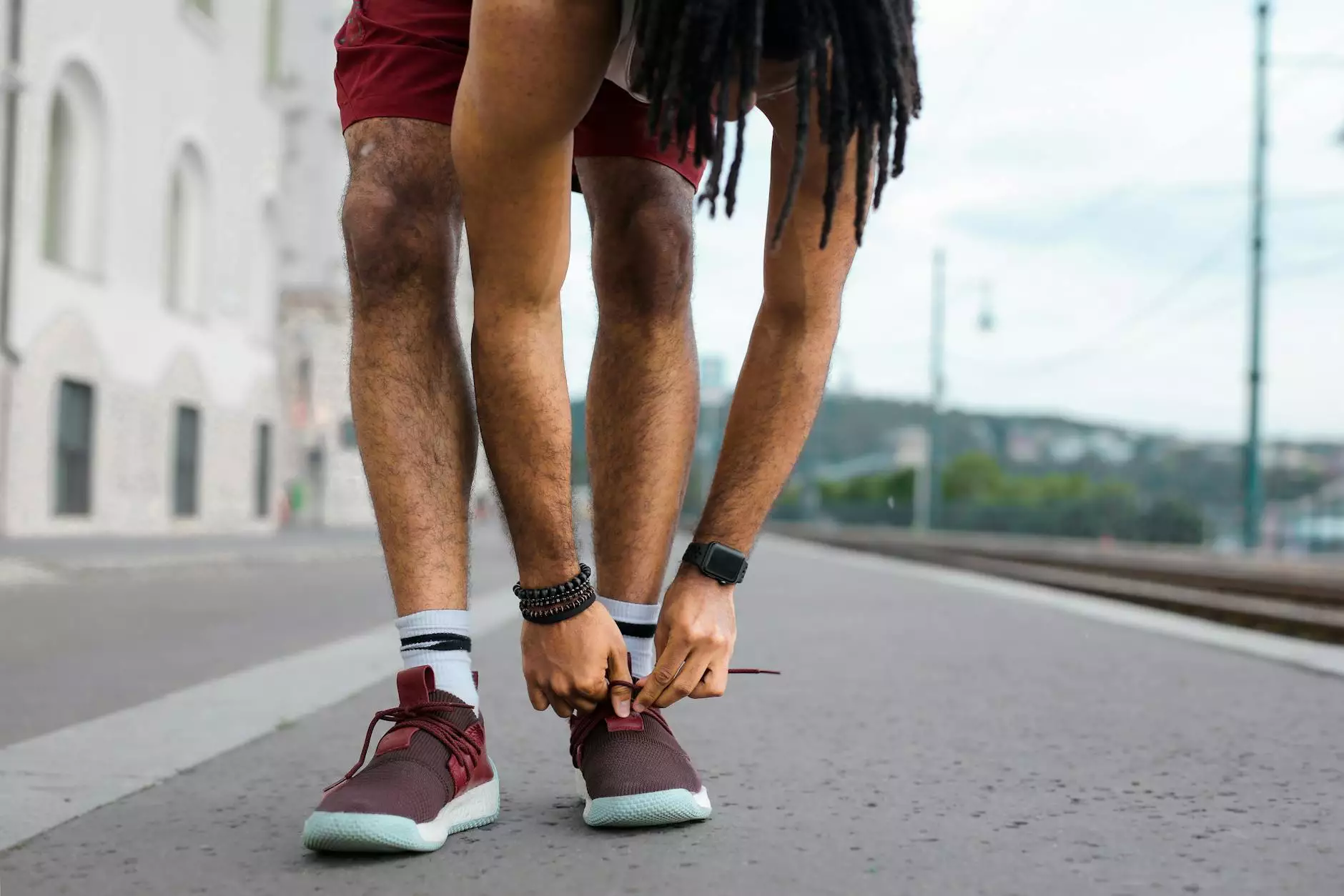Shoes to Prevent Ingrown Toenails: A Comprehensive Guide

Ingrown toenails can be a painful and uncomfortable condition that affects many individuals. The problem often arises from improper nail trimming, but one of the significant contributors to this issue is footwear choice. Selecting the right shoes is not just about style; it is crucial for maintaining healthy feet and preventing conditions like ingrown toenails. In this extensive guide, we will explore the best shoes to prevent ingrown toenails and provide you with valuable insights to protect your feet.
Understanding Ingrown Toenails
Before delving into the best shoes to prevent ingrown toenails, it's essential to understand what ingrown toenails are. An ingrown toenail occurs when the edge of the toenail grows into the surrounding skin, causing pain, swelling, and sometimes infection. Common causes include:
- Improper nail trimming (cutting nails too short or rounding the edges)
- Wearing tight shoes or high heels that crowd the toes
- Injury to the toe
- Genetic predisposition
- Poor foot hygiene
Importance of Choosing the Right Shoes
Choosing the right pair of shoes plays a vital role in preventing ingrown toenails. Poor-fitting shoes can put excessive pressure on the toes, leading to nail problems. Here are some key features to look for in shoes that help prevent ingrown toenails:
1. Ample Toe Box
A wide and spacious toe box is crucial. It allows your toes to have enough room to move freely and reduces the risk of the nails growing into the skin. Look for shoes that have a rounded or square toe shape rather than a pointed one.
2. Proper Fit
The overall fit of the shoe is incredibly important. Shoes that are too tight can compress the toes, while those that are too loose can lead to friction as your foot slides around. Ensure that your shoes fit snugly without being constrictive, providing support without pinching your toes.
3. Supportive Arch
Good arch support can help distribute body weight evenly across the foot and alleviate pressure on the toes. This is particularly important for individuals with flat feet or high arches, as these conditions can exacerbate foot problems.
4. Quality Materials
Opt for shoes made from high-quality materials that offer breathability and flexibility. Natural materials like leather or mesh can provide comfort and allow your feet to breathe, minimizing sweat and reducing the risk of foot infections.
Best Types of Shoes to Prevent Ingrown Toenails
Now that we understand the factors to consider when choosing shoes, let's explore some of the best types of shoes that can help prevent ingrown toenails:
1. Athletic Shoes
Athletic shoes are designed for comfort and support, making them an excellent choice for preventing ingrown toenails. Look for options with a roomy toe box, cushioned soles, and good arch support. Brands like Nike, Adidas, and New Balance offer various models suitable for different foot types.
2. Walking Shoes
Similar to athletic shoes, quality walking shoes provide excellent support and cushioning. They are also typically designed with a wider toe box to accommodate natural toe splay. Consider brands like Skechers or ASICS for comfortable walking shoes.
3. Orthopedic Shoes
For individuals with specific foot health needs, orthopedic shoes are tailored for maximum support and comfort. They often come with additional cushioning, custom arch support, and ample width to prevent pressure on the toenails.
4. Sandals
When the weather permits, comfortable sandals can be a great alternative to closed shoes. Look for styles with adjustable straps and a wide toe area. Brands like Birkenstock and Teva are known for their foot-friendly designs.
5. Dress Shoes
While finding fashionable dress shoes can be challenging, there are options available that prioritize foot health. Look for shoes with a rounded toe box and soft, flexible materials, such as those from Clarks or Ecco.
Foot Care Tips to Complement Your Footwear Choices
While wearing the right shoes is fundamental, maintaining proper foot care is also essential in preventing ingrown toenails. Here are some helpful tips:
1. Proper Nail Trimming
When trimming your toenails, it’s important to:
- Cut straight across rather than rounding the edges
- Avoid cutting nails too short to ensure they do not dig into the skin
- Use proper nail clippers designed for toenails
2. Regular Foot Hygiene
Maintain good foot hygiene by washing your feet daily and thoroughly drying them, particularly between the toes, to prevent moisture build-up.
3. Moisturizing
If your feet are prone to dryness, using a good moisturizer can help. However, avoid applying lotion between the toes, as this can promote fungal infections.
4. Seeking Professional Help
If you frequently experience ingrown toenails or have other foot problems, consult a podiatrist. They can provide tailored advice and treatment options for your specific needs.
Conclusion
Selecting the right shoes to prevent ingrown toenails is a key component of maintaining foot health. By focusing on features like a spacious toe box, proper fit, and quality materials, you can significantly reduce the risk of developing this painful condition. Additionally, combining the right footwear with excellent foot care practices will foster a healthier foot environment and enhance your overall comfort.
At The Foot Practice, we are dedicated to providing the latest insights and expert advice in foot care. Remember, healthy feet lead to a healthier lifestyle, so invest in your foot health today!









